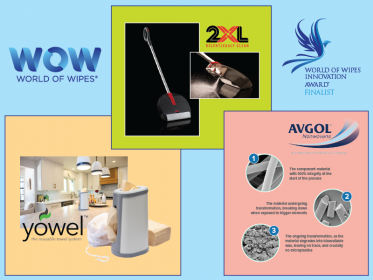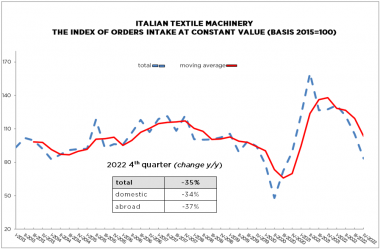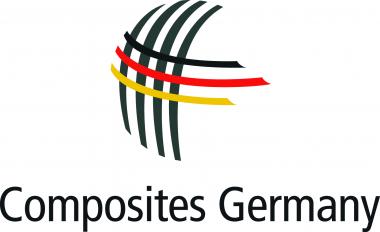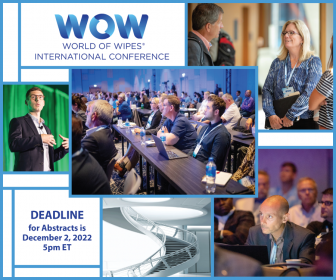EURATEX comments ecodesign legislation
July 12, the European Parliament adopted its position on the Ecodesign Regulation, which aims to improve the environmental sustainability and circularity of products placed on the EU market, including textiles.
While EURATEX recognises the importance of accelerating the green transition and welcomes the progress on the legislation, it regrets the EP’s approach to target the textile industry in a Regulation designed to be a framework legislation for all sectors.
Representing 160 000 European textile companies, EURATEX has been highlighting that a successful legal framework is based on an inclusive and feasible approach, ensures sufficient capacity and sets a timeline for businesses to adjust. Therefore, EURATEX welcomes MEPs’ call for tailored support and smooth transition for SMEs. Strongly advocated by EURATEX, the European Parliament also strengthens the provisions on market surveillance, which is a key element for ensuring level playing field for EU companies in the Single Market.
As businesses already face difficulties to navigate through all ongoing policy and legislative initiatives, EURATEX appreciates the efforts of the EP to ensure legislative consistency, the lack of which may only create additional costs and administrative burdens for companies. The inclusivity and transparency of the future Ecodesign Forum have indeed received a positive boost.
EURATEX regrets that the European Parliament has overlooked the plea for legislative coherence on substances of concern and for keeping the ESPR aligned with existing chemical legislation to avoid overlapping or conflicting regulation. EURATEX advises that social sustainability aspects should be addressed within the due diligence legislative framework.
Regarding the future Ecodesign requirements for textiles, these will have to be based on reliable data, and supported by thorough analysis and impact assessments. The requirements should be set out in the textile-specific Delegated Act and should be developed with relevant stakeholders.
As the ESPR trialogue negotiations between the European Parliament, the Council of the EU and the European Commission unfold in autumn, EURATEX continues to stress the guiding principle of “fit-for-purpose” rules and the balance between high environmental objectives and competitiveness of companies.
Moreover, on Tuesday 11 July, the European Parliament's position on Industrial Emissions Directive (IED) was adopted by MEPs with 396 votes in favour, 102 against and 131 abstentions. EURATEX expresses concerns on this text because of the inclusion of standalone finishing plants in the scope of the new IED. This creates inconsistencies with the recently finalised Textile BREF document (adopted in Sevilla by all parties), which regulates industrial emissions for both pretreatments and finishing plants. Standalone finishing companies, typically SMEs, now face challenges to comply with specifications which were originally designed for different and bigger companies.
Euratex






























